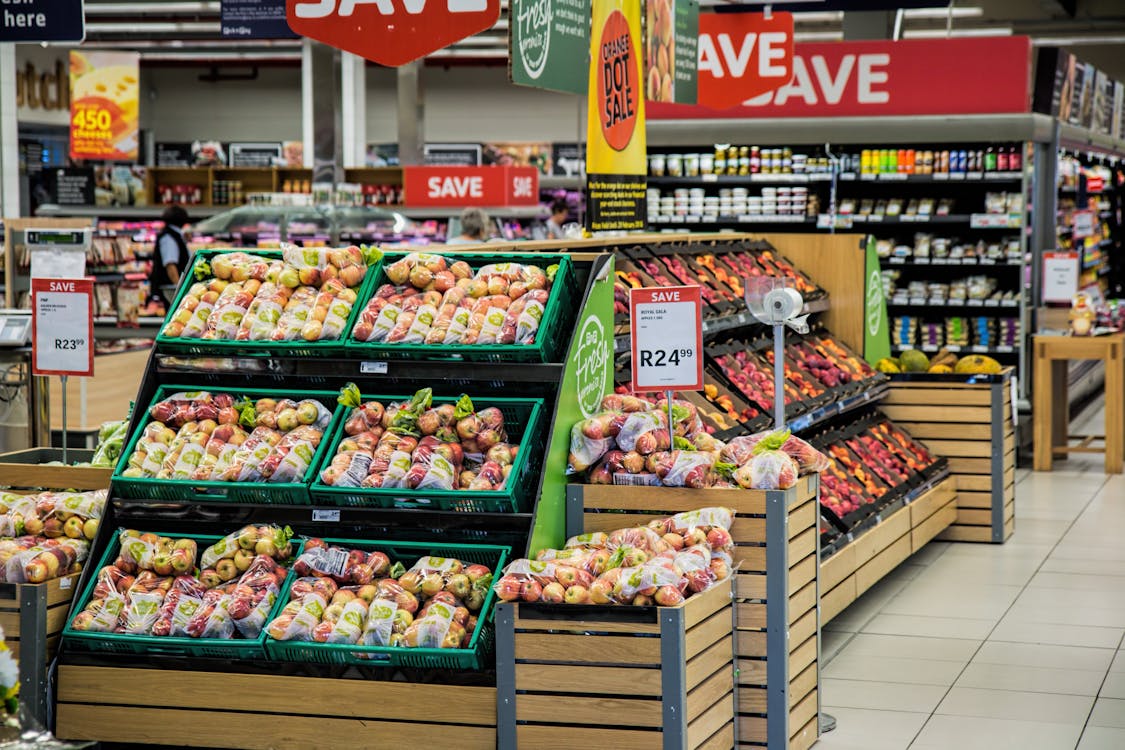
Wondering just how much you and your neighbors will save at the grocery store once the statewide grocery tax ends? A new report from the Illinois Policy Institute suggests Carmi shoppers would save about $127,303 if local government doesn’t institute their own stop gap.
The grocery tax is set to end on January 1, 2026. That dollar amount is based on the 2023 calendar year tax revenue for local governments from the grocery tax and according to the Illinois Department of Revenue. Local government will be the ones to miss out on that money while you save on the 1% grocery tax repeal. A low budget meal plan grocery budget defined by the USDA in January 2020 would have cost $858 a month. Inflation by May of this year has boosted that number to $1,064.
In Fairfield, residents would save an estimated $102,396 while the government lost out. In McLeansboro, the number is higher than both neighboring cities at $143,933. In Eldorado, the number is more than $153,000 and in Harrisburg, government there would need to adjust their budget by almost $400,000. Even Grayville will lose more than $45,000.
Cities will have to decide if they want to implement their own grocery tax or risk shoppers driving across to Indiana or to the nearest town where they could dodge the grocery tax.














